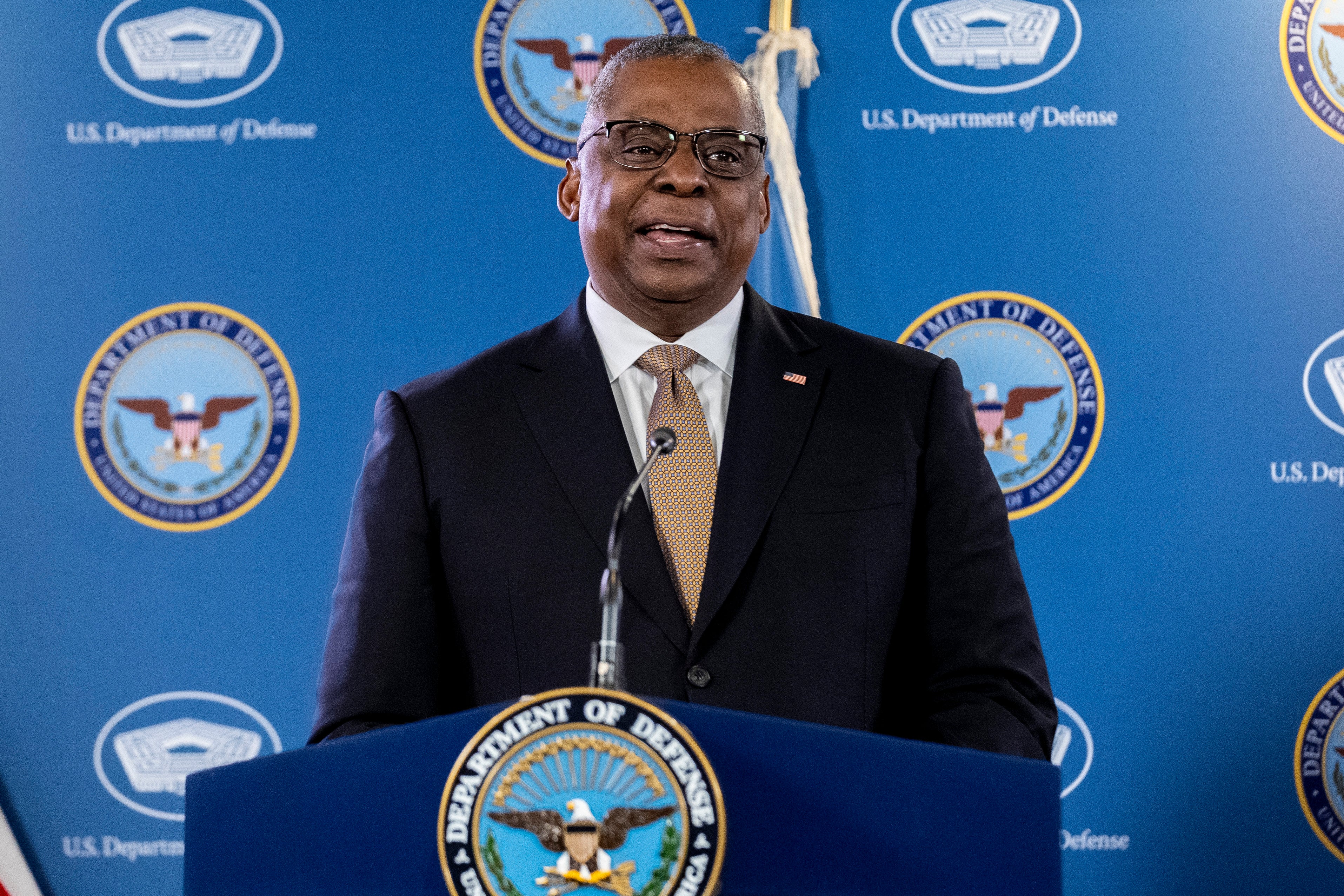Military moves to cut suicides, but defers action on guns
Defense Secretary Lloyd Austin has ordered a number of improvements in mental health care to try to reduce suicides in the military

Defense Secretary Lloyd Austin ordered a number of improvements in mental health care on Thursday to reduce suicides in the military, but held off on endorsing more controversial recommendations to restrict gun and ammunition purchases by young troops, sending them to another panel for study.
An independent committee in late February recommended that the Defense Department implement a series of gun safety measures, including waiting periods for the purchase of firearms and ammunition by service members on military property and raising the minimum age for service members to buy guns and ammunition to 25.
In a memo released Thursday, Austin called for the establishment of a suicide prevention working group to “assess the advisability and feasibility” of recommendations made by the initial study committee — which would include the gun measures. And he asked for cost estimates and a description of any “barriers” to implementing other changes. At no point did he specifically refer to the gun proposals or mention gun safety.
His orders reflect increasing concerns about suicides in the military, despite more than a decade of programs and other efforts to prevent them and spur greater intervention by commanders, friends and family members. But his omission of any gun safety and control measures underscore the likelihood that they would face staunch resistance, particularly in Congress, where such legislation has struggled in recent years.
The more immediate changes address broader access to care.
To more quickly provide help for troops who may be struggling, Austin directed the Pentagon to hire more behavioral health specialists and implement a scheduling system for appointments where patients receive multiple health care visits weekly when they first seek care.
He also ordered military primary care health clinics to screen for unhealthy levels of alcohol use, make unhealthy alcohol use treatment easier to receive and make sure that mental health care is available through service members' primary care as well.
The initial study committee recommended that the department require anyone living in military housing to register all privately owned firearms. In addition, the panel said the department should restrict the possession and storage of privately owned firearms in military barracks and dorms.
Confirming findings in annual suicide reports, the panel noted that about 66% of all active-duty military suicides —- and more than 70% of those by National Guard and Reserve members — are done with firearms. It said reducing access to guns could prevent some deaths.
Craig Bryan, a clinical psychologist and member of the Suicide Prevention and Response Independent Review Committee, said the department should slow down troops’ access to guns — specifically those bought in stores on bases — so people under stress can survive periods of high risk.
He likened the expanded gun safety measures to requirements that the department puts on motorcycle usage — such as mandated helmets — that are often more strict than some state laws. Asked how likely such changes would be, Bryan said he believes troops are more receptive to such limits than civilians may be.
___
The national suicide and crisis lifeline is available by calling or texting 988. There is also an online chat at 988lifeline.org
Bookmark popover
Removed from bookmarks